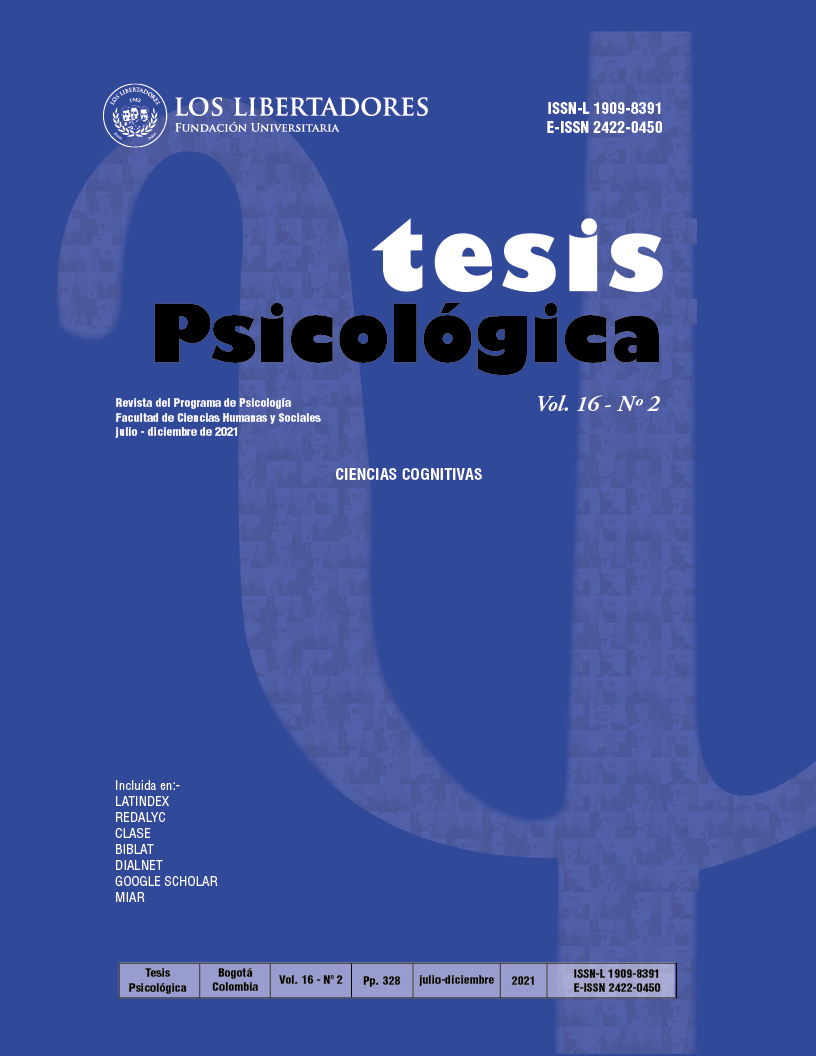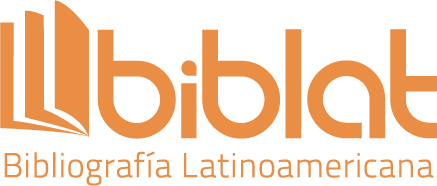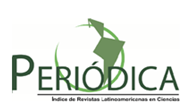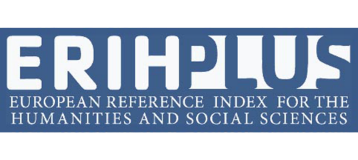Metacognitive process and levels of physical activity in university students
DOI:
https://doi.org/10.37511/tesis.v16n2a4Resumen
Background: Cognitive processes are associated with Systematic Physical Activity (SPA). However, few studies have evaluated the relation between SPA and Metacognition (MC). Objectives: (1) to study the effect of the SPA levels on MC, and (2) to explore the covariance of gender. Method: Through a Non-Experimental design and with intentional sampling, 270 university students participated (Mage= 25.3, SD= 1.5, min= 18, max= 51), 209 men (77.4%), and 61 women (22.6%). The International Physical Activity Questionnaire-Short Form (IPAQ-SF) and The Metacognitive Awareness Inventory were completed. The MANOVA showed that SPA levels significantly affected MC. The MANCOVA did not show a gender effect. Results: The main effects indicated that moderate and vigorous SPA levels favor MC. Differences were observed between the low vs vigorous SPA levels (p= .035, 95% CI [-1.49, -0.03]) in the knowledge of cognition factor. Similarly, there are differences in the regulation of cognition between low vs moderate SPA levels (p= .013, 95% CI [-1.86, -0.16]), and low vs vigorous (p= .044, 95% CI [-1.72 , -0.15]). Conclusions: moderate and vigorous SPA levels favor CM, mainly the regulation of cognition. In contrast, the vigorous SPA level favors the knowledge of cognition.
Descargas
Descargas
Publicado
Número
Sección
Licencia

Esta obra está bajo una Licencia Creative Commons Atribución-NoComercial-















